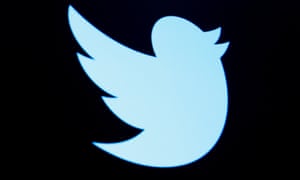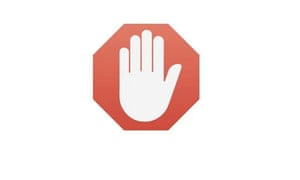
This article discusses the impact of digital technology on politics, such as the General Election in the US. The columnist compares the candidates of the present and the past, and suggests that individuals such as Hilary Clinton and Theresa May who have been involved in politics since the past when the internet was starting up have far more potential. Furthermore, the article suggests that digital technologies make it far easier than it has ever been to find out what people want – their likes and dislikes, this can be seen as a positive aspect or a negative one. The article also discusses the inferiority of digital media titans who are vulnerable to politics. For example, if Trump wins, even Mark Zuckerberg might find himself wondering what comes next. Politicians still have weapons at their disposal that Google and Facebook can’t match: armies, currencies, taxes.The article concludes with mentioning how digital technologies are changing human behaviour, and not always for the better. . Intolerance appears to be on the rise and governments have proved more adept at using this technology to keep an eye on us than we have been at keeping an eye on them.
I personally believe that digital technology plays a major part of politics today, as many politicians and even election candidates use social media for example as a platform to gain voters. However this does have implications and can be seen as unprofessional when compared to the past.

The article discusses the impact of government surveillance in light of the Hollywood film about Edward Snowden and the movement to pardon the NSA whistleblower. The writer columnist also refers to a British court that has been held in which British intelligence agencies have been found acting unlawfully by concealing bulk spying programs from the public for over a decade. According to the law, government surveillance must be prescribed by law, targeted and proportionate. These requirements are designed to balance a government’s need to address security threats and its obligation to protect fundamental rights. However, what has been taking place is bulk spying programs which fail those requirements. They invade the privacy of people without any individualized suspicion of wrongdoing. The columnist believes that surveillance should be directed at obtaining specific intelligence in individual operations, not indiscriminately subjecting all of our private information to government scrutiny. The article ends with the columnist questioning whether the European court of human rights should rule against mass surveillance.
I believe that it is vital to consider the ways in which surveillance can have an impact on us, however it is still important for it to take place across the population to prevent any threats or terrorism for example.





